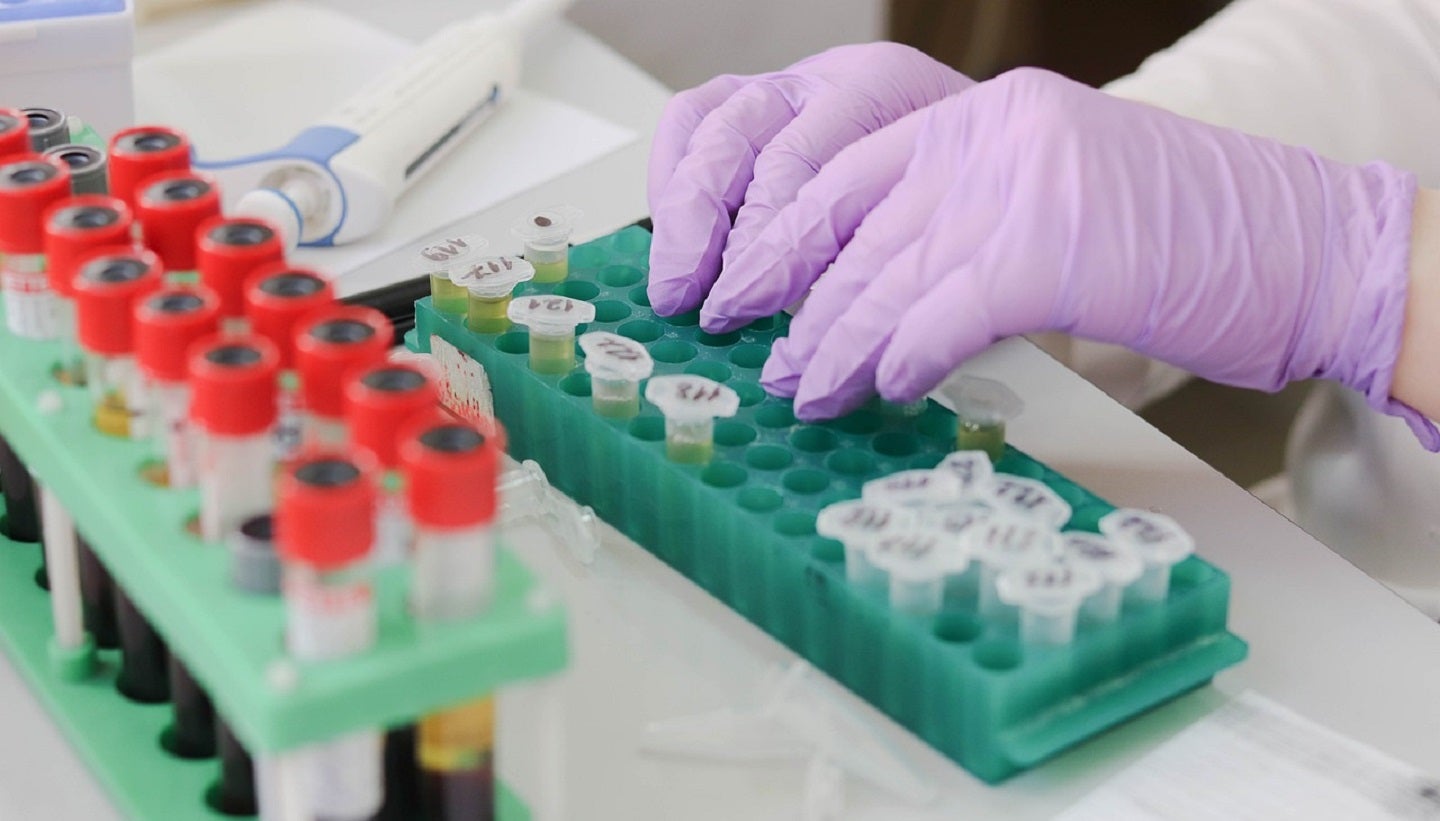
ABM Therapeutics has dosed the first patient in the US in a Phase I clinical trial of ABM-168, a novel small molecule mitogen-activated protein kinase (MEK) inhibitor, for solid tumours.
Designed to evaluate the tolerability, pharmacokinetics and safety of ABM-168 monotherapy, the first-in-human open-label, multicentre, cohort expansion and dose escalation study will be carried out in adult patients with advanced/metastatic solid tumours.

Discover B2B Marketing That Performs
Combine business intelligence and editorial excellence to reach engaged professionals across 36 leading media platforms.
ABM-168 has good water solubility, high cell permeability and brain penetration properties.
Anti-cancer properties, specifically in intracranial animal models, have also been demonstrated in favour of ABM-168.
ABM Therapeutics CMO Dr Zane Yang said: “We are very pleased to reach our study’s first patient dosed milestone at NEXT Oncology – Dallas, one of the clinical trial centres for this novel MEK inhibitor and collaborate with all study sites and investigators.”
In October last year, the US FDA cleared investigational new drug (IND) application for ABM-168 to proceed with the first-in-human trial.

US Tariffs are shifting - will you react or anticipate?
Don’t let policy changes catch you off guard. Stay proactive with real-time data and expert analysis.
By GlobalDataABM Therapeutics founder and CEO Dr Chen Chen said: “Selective MEK inhibitors have the ability to inhibit tumour growth and induce cell death in RAF- and RAS-mutant cell lines. A MEK inhibitor in combination with a BRAF inhibitor has been demonstrated to be more effective and less toxic than a single BRAF inhibitor, which has become the standard of care for patients with BRAF-mutated melanoma.
“The combination of a MEK inhibitor with other anti-cancer drugs such as KRAS inhibitors and PD-1/PD-L1 antibodies is also explored.
“We look forward to the early clinical data which will help us to figure out the most effective combination for treating cancers, particularly those with high brain metastasis rates.”



